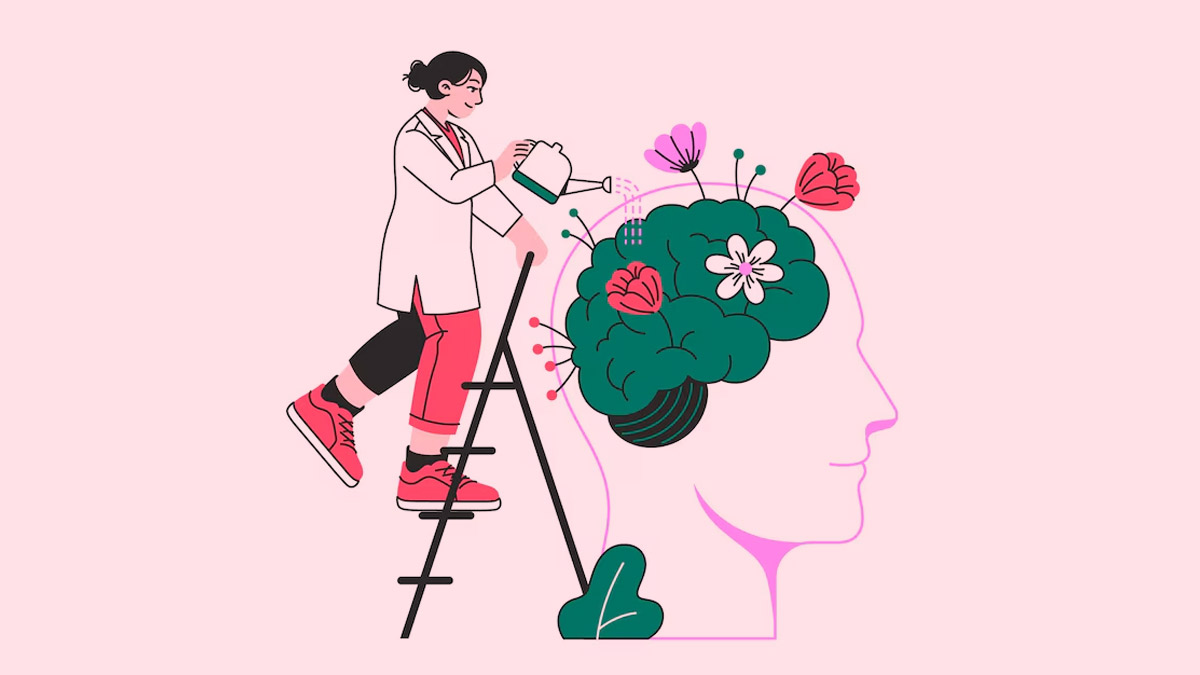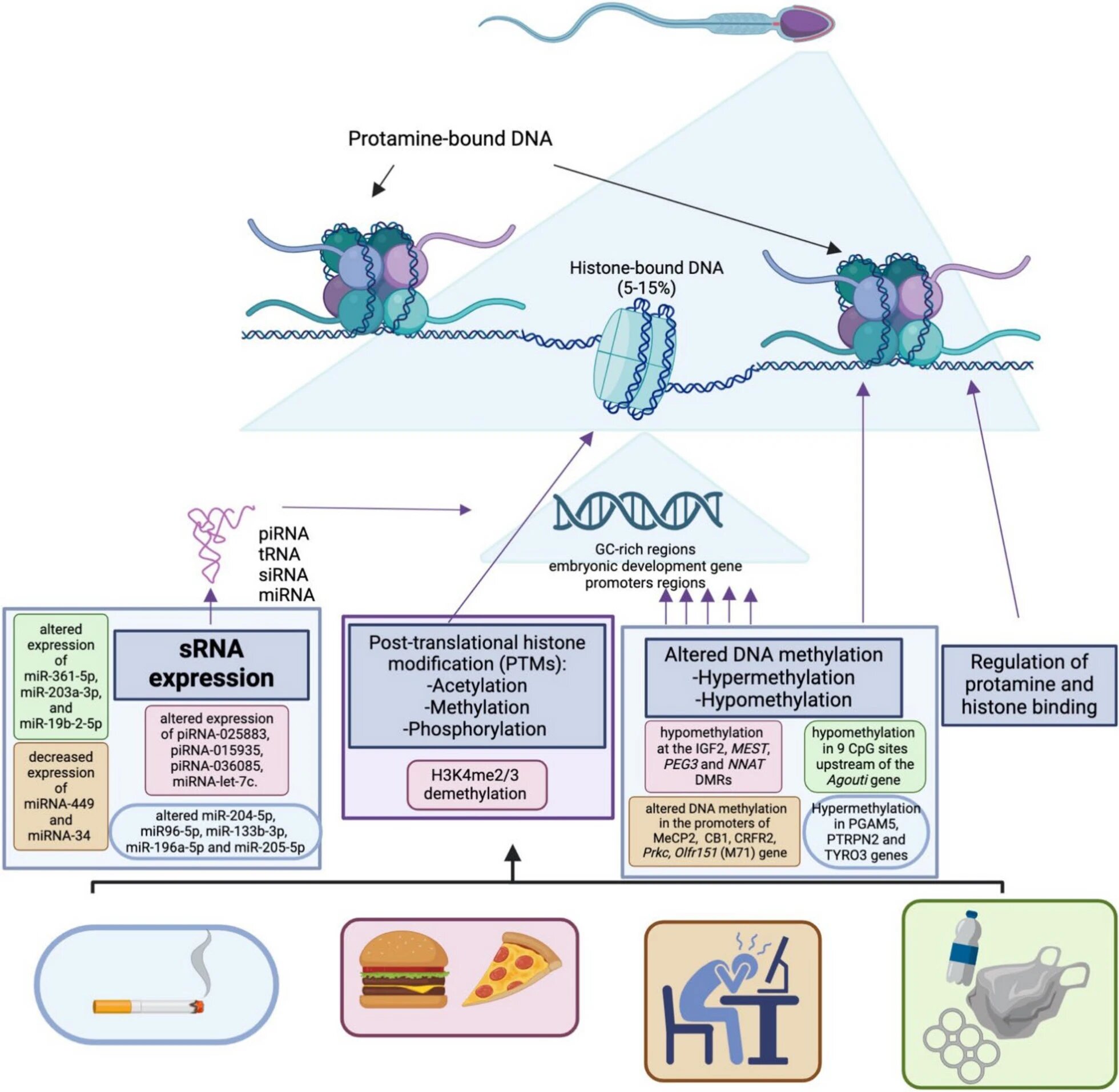As we age, dementia—a neurodegenerative condition affecting memory, thinking, and decision-making—becomes a growing concern. While there’s no cure, adopting certain lifestyle habits can significantly reduce the risk of developing dementia. Neha Sinha, a dementia specialist and CEO and co-founder of Epoch Elder Care, shares valuable insights on how to keep your brain healthy and lower the likelihood of cognitive decline.
Ageing vs Dementia
Neha Sinha stresses the importance of distinguishing normal ageing from dementia. “While mild cognitive decline, like slower memory recall, is part of ageing, dementia is a more severe condition that disrupts daily functioning,” she explains. Sinha emphasises that adopting preventative measures early on can help preserve cognitive health and reduce the chances of dementia as we age.’
Healthy Diet and Brain Function
Diet plays a pivotal role in brain health. “A balanced diet rich in nutrients, especially green leafy vegetables, is essential for maintaining cognitive function,” says Sinha. She advocates for dietary patterns like the Mediterranean or MIND diet, which focus on plant-based foods, healthy fats, and lean proteins, and have been shown to reduce dementia risk. However, she advises avoiding red meat, butter, cheese, and sugary foods, as they promote inflammation and impair circulation, increasing the risk of cognitive disorders.
Physical Exercise
“Physical exercise is one of the most effective strategies for preventing dementia,” asserts Sinha. Regular exercise, such as walking, swimming, or cycling, boosts blood circulation to the brain, supporting the growth of new cells while preventing the degeneration of existing ones. “Just 150 minutes of moderate exercise per week can reduce the risk of heart disease, diabetes, and hypertension—conditions linked to higher dementia risks,” she adds. Exercise also improves mental health, alleviating symptoms of depression and anxiety while enhancing cognitive performance.
Mental Stimulation: The Brain’s Gym
Neha Sinha stresses the importance of keeping the brain active. “Just as physical exercise is necessary for our bodies, mental exercise is crucial for our minds,” she explains. Engaging in brain-stimulating activities such as puzzles, cards, or strategy games like chess or sudoku can help sharpen cognitive function and reduce dementia risk. “These activities enhance memory, concentration, and problem-solving skills,” says Sinha. Making brain exercises a regular part of daily life is both enjoyable and beneficial for long-term brain health.
Quality Sleep
“Sleep is essential for consolidating memories and clearing toxins from the brain,” says Sinha. Chronic sleep deprivation is linked to a higher risk of dementia, including Alzheimer’s disease. “Adults should aim for 7-9 hours of sleep per night to support optimal brain function,” she advises. Prioritising quality sleep can also improve memory, learning, and overall mental health, which helps protect against cognitive decline.
Avoid Smoking and Excessive Alcohol
Sinha highlights the negative impact of smoking and excessive alcohol consumption on brain health. “Smoking damages blood vessels, restricting blood flow to the brain and increasing the risk of vascular dementia,” she explains. Similarly, alcohol is toxic to the brain and can impair memory and cognitive function. “Avoid smoking altogether, and limit alcohol intake to reduce dementia risk,” says Sinha. These lifestyle changes can have a profound effect on brain health.
Managing Stress
“Chronic stress can cause vascular issues and chemical imbalances that damage brain cells,” says Sinha. She encourages managing stress effectively to protect against cognitive decline. “Caregivers, in particular, play a crucial role in helping reduce stress in elderly individuals,” she notes. Activities like listening to music, engaging in hobbies, or spending time with family can help manage stress and improve mental well-being.
Social Engagement
“Humans are social creatures, and strong relationships are key to maintaining cognitive health,” says Sinha. Loneliness and isolation have been linked to an increased risk of dementia. “Fostering meaningful relationships throughout life helps protect against cognitive decline,” she explains. Social engagement promotes mental stimulation and emotional support, both of which are crucial for maintaining brain health.
“Dementia is not an inevitable part of ageing,” Neha Sinha concludes. By adopting simple lifestyle changes—such as a healthy diet, regular exercise, mental stimulation, quality sleep, and strong social connections—individuals can significantly reduce the risk of dementia.
Don’t Miss:Skipping Your Winter Bath? 5 Reasons Why You Shouldn’t Do it, As Per Doctor
Keep reading Herzindagi for more such stories.
Image Courtesy: Freepik


